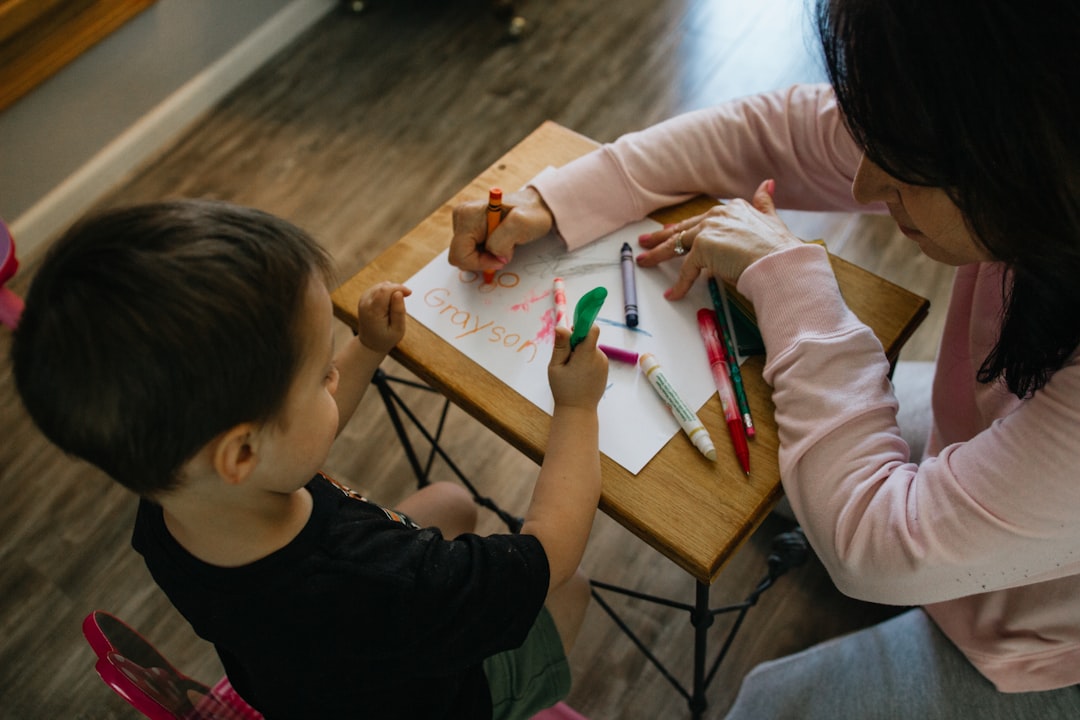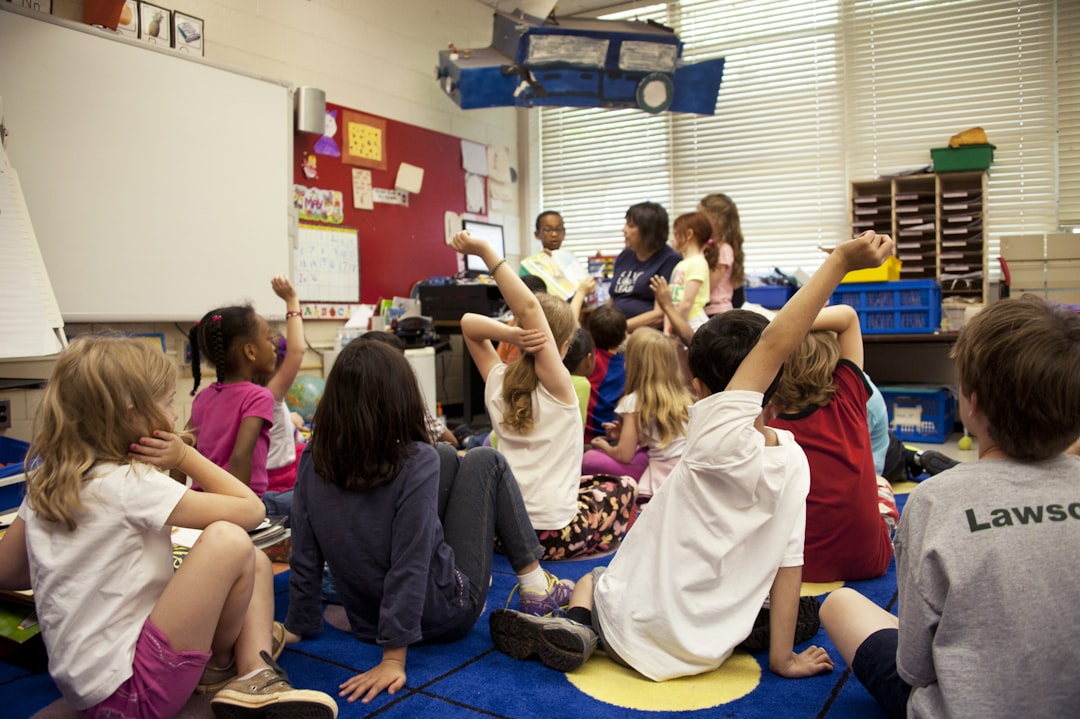Daycares in Pennsylvania operate within stringent legal frameworks aimed at child safety and accountability. State laws mandate licensing, staffing, and facility maintenance standards with severe penalties for non-compliance. Sexual abuse prevention is a critical focus, requiring mandatory reporting of suspected instances. To ensure compliance and mitigate legal risks, employing a Sexual Abuse Lawyer Pennsylvania is recommended. Daycare providers must implement robust policies against abuse, including training staff, strict visitor policies, and age-appropriate safety education. Failure to uphold these responsibilities can lead to civil lawsuits and criminal charges.
In Pennsylvania, understanding the legal responsibilities of daycares is paramount for ensuring child safety. This article guides parents and advocates through the intricate web of regulations, focusing on the legal framework governing daycares, prevention measures against sexual abuse, and the roles and liabilities of daycare providers. Armed with this knowledge, residents can navigate the system more effectively, leveraging resources like Sexual Abuse Lawyers in Pennsylvania to protect their children and hold perpetrators accountable.
Legal Framework Governing Daycares in PA
In Pennsylvania, daycares operate within a structured legal framework designed to ensure safety and accountability. The state’s laws and regulations are in place to protect children and provide guidelines for daycare operators. These include strict standards for licensing, staffing ratios, and facility maintenance. Any violation of these rules can lead to legal consequences, including fines and license revocation.
The legal landscape also addresses critical issues such as child neglect, sexual abuse prevention, and appropriate disciplinary actions. Given the sensitive nature of childcare, Pennsylvania law mandates reporting requirements for any suspected instances of abuse or neglect. Moreover, employing a Sexual Abuse Lawyer Pennsylvania can be a proactive measure for daycares to ensure compliance and protect themselves from potential legal liabilities arising from these complex issues.
Prevention Measures Against Sexual Abuse
Daycares in Pennsylvania have a legal obligation to ensure the safety and well-being of the children in their care, which includes implementing robust prevention measures against sexual abuse. This involves training staff on identifying potential signs of abuse, establishing clear policies for visitor access, and maintaining secure environments. A Sexual Abuse Lawyer Pennsylvania can guide daycare operators on best practices, such as conducting thorough background checks on employees and volunteers, promoting a culture of consent and respect among children, and providing age-appropriate education about personal boundaries and safety.
Regularly reviewing and updating these measures is crucial to stay ahead of evolving strategies used by perpetrators. Daycares should also establish reporting protocols for any incidents or suspicions of abuse, ensuring compliance with Pennsylvania’s mandatory reporting laws. Proactive approaches, combined with a supportive legal framework, create a safer environment for children and hold accountable those who would exploit them, making it imperative for daycares to prioritize sexual abuse prevention as a core responsibility.
Roles and Liability of Daycare Providers
Daycare providers in Pennsylvania have a significant role in the care and well-being of children entrusted to their facilities. They are responsible for ensuring a safe environment, both physically and emotionally, for each child in their care. This includes implementing policies and procedures to prevent any form of abuse or neglect, including sexual abuse, which is a grave concern. A Sexual Abuse Lawyer Pennsylvania emphasizes that all staff members should be properly trained to recognize signs of potential abuse and report it immediately.
The liability of daycare providers extends beyond immediate physical safety. They must also foster a nurturing and positive atmosphere, promote healthy social interactions, and support each child’s development. Any failure to uphold these responsibilities can lead to legal consequences, including civil lawsuits and criminal charges. Therefore, daycare operators must stay informed about state regulations and best practices to mitigate risks and protect the vulnerable children in their care.





